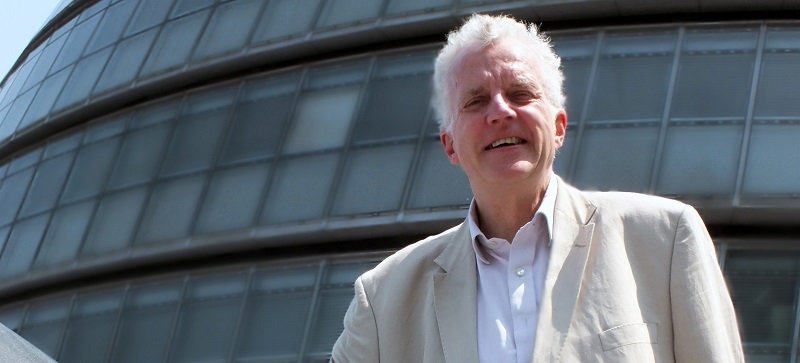Railway expert Christian Wolmar answers our questions following the collision near Selby in North Yorkshire in which at least 13 people were killed.
News Online: What is your understanding of how this accident happened?
Christian Wolmar: Clearly this is a road accident that caused a major rail disaster and therefore it is obviously very unusual. But unusually for such a disaster, it is to the road authorities, in particular the Highways Agency, that we must look to for the cause of this accident rather than to the Health and Safety Executive and the Railway Inspectorate.
News Online: Isn’t it an issue though that railways themselves ought to be better protected against accidents of this kind?
Christian Wolmar: Certainly it does seem strange that such a light vehicle – we are not talking of a 40-tonne truck here – should be able to get on the track so easily. But that is not a matter for Railtrack. This is a matter for the Highways Agency which is responsible for the M62.
What I think is particularly disturbing is that here was a road that has been built relatively recently – over the last 10 or 15 years I presume since it is a motorway – and it has not been built to sufficiently high standards to prevent this sort of fairly obvious type of accident.
As I understand it, in France, they have much better protection of fences which would withstand this sort of impact – hold up a vehicle with meshing or whatever – and prevent it from getting onto the tracks in these circumstances. But that said, you cannot spend billions of pounds fencing off every tiny little farm road where some terrible accident might happen.
News Online: Is it the case that this accident would have been a lot less serious if the freight train hadn’t been involved as well?
Christian Wolmar: I think this is an accident where you can trace three bits of terrible bad luck: somebody drives off the motorway – bit of bad luck number one; second bit of bad luck is that the passenger train should be coming so soon after that happened, which is clearly very unlucky; and then third bit of bad luck, which I think is the one that probably caused the most devastating circumstances, is the fact that this very heavy freight train then ploughed into the wreckage.
News Online: Where there are high-speed lines, shouldn’t there be something similar to motorway crash barriers that stop in effect cross-over accidents?
Christian Wolmar: No, you clearly can’t have fencing in the middle of the track. This is just bad luck – you have to have double line tracks. You can’t suddenly start saying that all tracks have to be single line. There is nothing you can do. You cannot have a barrier between the two tracks. No barrier would withstand the kind of weight involved and in any case it would be very expensive and railways all around the world operate in that way – it is just not a feasible option.
News Online: Is there anything that could be done about the construction of the passenger train to lessen the terrible consequences of such a crash?
Christian Wolmar: I think there again these are very modern coaches – they are about 12 – 13 years old – they are built to very high standards. But nothing can withstand a freight train that is probably weighing something like 2,000 tonnes ploughing into coaches which are lying on their sides. It is just inconceivable that you build coaches that were strong enough to withstand the impact.
The impact clearly from the pictures one sees on television is much worse than at Hatfield. The train has been damaged to a much greater extent but it really is unpreventable. There are certain things you just can’t legislate for – when an aircraft crashes and the aeroplane disintegrates but nobody says well you should build aircraft that don’t disintegrate when they crash at 500 miles an hour. It is just technically impossible.
News Online: How damaging is this crash likely to be to the already battered reputation of the railways?
Christian Wolmar: I think it is very unfortunate. It depends partly on the media but it would be very unfortunate that what is essentially a road accident should have such an impact on the railways and people will view it as an issue of rail safety when in fact actually it is an issue of road safety. Really these people were killed in a road accident not in a rail accident. But of course statistically they will be listed as having been killed on the railways.
